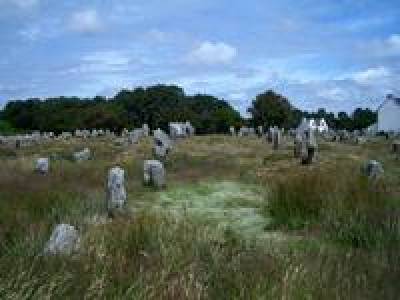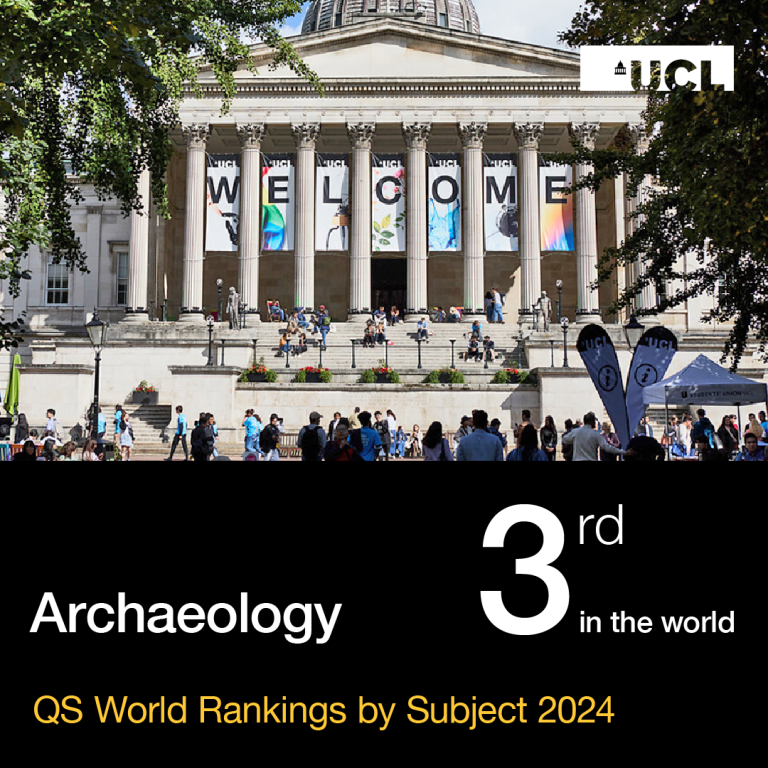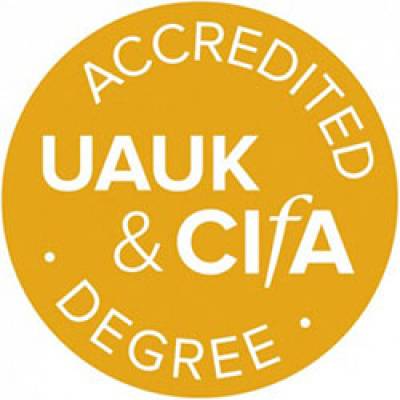This module provides an overview of the nature of prehistoric Europe from its first peopling about 1 million years ago until the impact of Rome during the first century BC.

Major topics include:
- the development of European prehistory as a discipline;
- the earliest occupation of Europe;
- the European Neanderthals;
- the arrival of modern humans in Europe;
- late Pleistocene hunters and post-glacial developments;
- the origins of farming and its spread across Europe;
- the neolithisation of the north; viii) the emergence of elites and the development of long-distance connections;
- the development of metallurgy and hierarchical societies in the Bronze Age;
- asymmetric relationships between Europe north of the Alps and the Mediterranean world in the Bronze and Iron Ages;
- La Tène art;
- the growth of states and urban centres in the Mediterranean and Europe north of the Alps;
- the impact of Rome on European societies.
This module will be taught by lectures and a small number of practicals (material handling sessions). The lectures will introduce the main issues and themes of the module and will be introduced and concluded with some brief discussion. The material handling sessions will provide students with the opportunity of studying typical artefacts from each of the main periods covered by the module. These artefacts will come from a broad range of European contexts and allow students to develop skills of comparative analysis of stylistic types, various technologies, and different raw materials.
On successful completion of this module students should have an overview and understanding of the chronology, material culture and major socio-economic issues and interpretative themes relating to prehistoric Europe, and its traditions of study. Students should be able to recognise the main artefact types and settlement and burial traditions relating to each of the major periods and regions studied.
Module information
- Code: ARCL0008
- Credits: 15
- Coordinator: Mike Parker Pearson
- Handbook:
For registered students
- Reading list: open»
Availability
- Runs every year
 Close
Close



